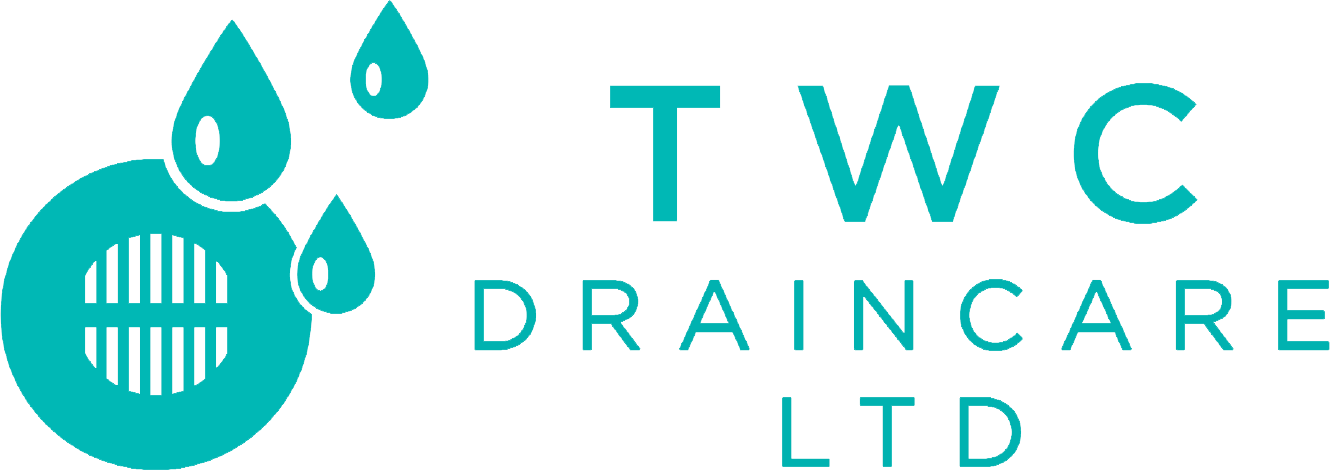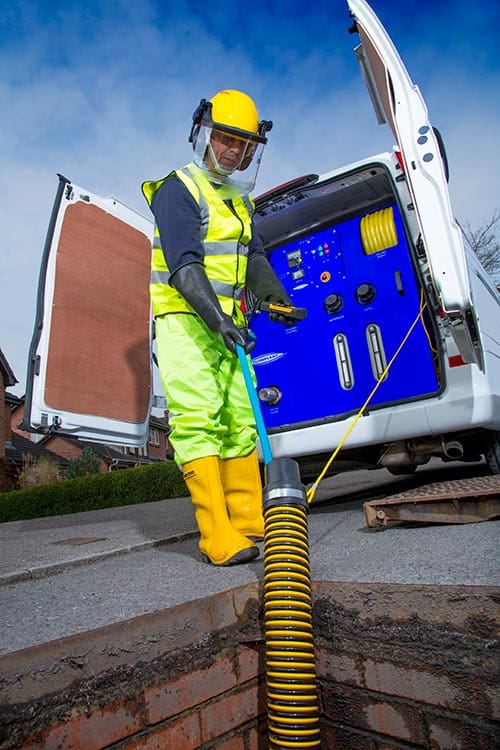Having a drain blockage can be inconvenient, unpleasant, and potentially expensive (depending on severity). When we discuss self-care, we advocate for investing time and effort into ourselves so that we can work at our best later; the same philosophy can be applied to your drains. This week, we will provide you with some drain self-care tips, to help your drainage system perform under pressure when it counts!
Flushing your drains is a useful first step when experiencing a mild blockage and can help you to determine whether or not your issue requires a professional. Vinegar and baking soda is a suggestion that is repeated often, but the truth is that this is an extremely mild solution– if you do have a blockage, it is unlikely to help! Dedicated drain-clearing products are your best option, as they are specifically formulated to dissolve and clear obstructions. Keeping some on hand can help you to fix a slow-draining sink before it becomes a blocked disaster.
Another useful drain self-care investment is a plunger. When used correctly, these can be extremely effective. Please do not be tempted to reach for a wire hanger; these can cause further damage to your pipes and have a tendency to get stuck. Ensure that you have a complete seal between the edges of your plunger and the drain, and the powerful suction can help to shift excess material.
Finally, prevention is always better than cure. Never pour grease down the sink, be wary of “flushable” products (these rarely break down properly, and can cause huge blockages), and keep an eye on your drainage system. You can avoid most issues by scheduling a routine maintenance visit from our team, however, do remember that slow drainage, a bad smell, or drain flies can all be indications that your drain is developing a blockage– if you notice these symptoms, you can get in touch with us.

